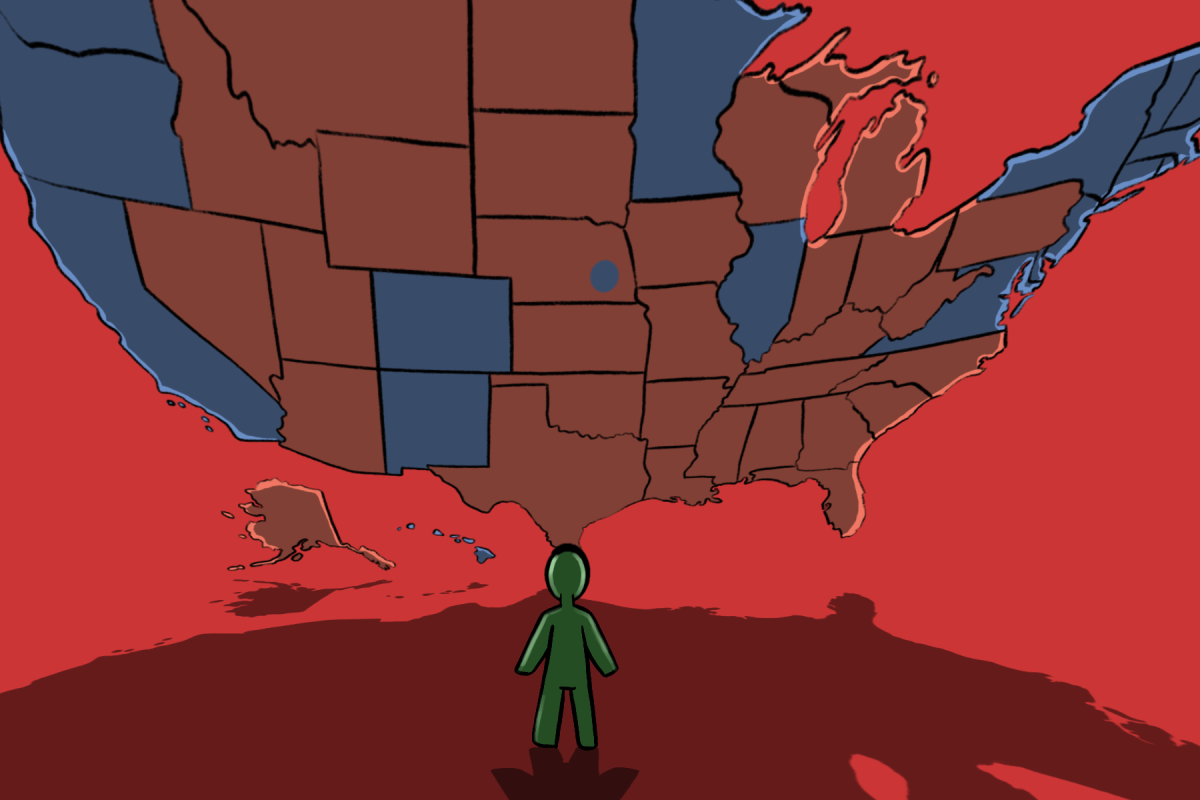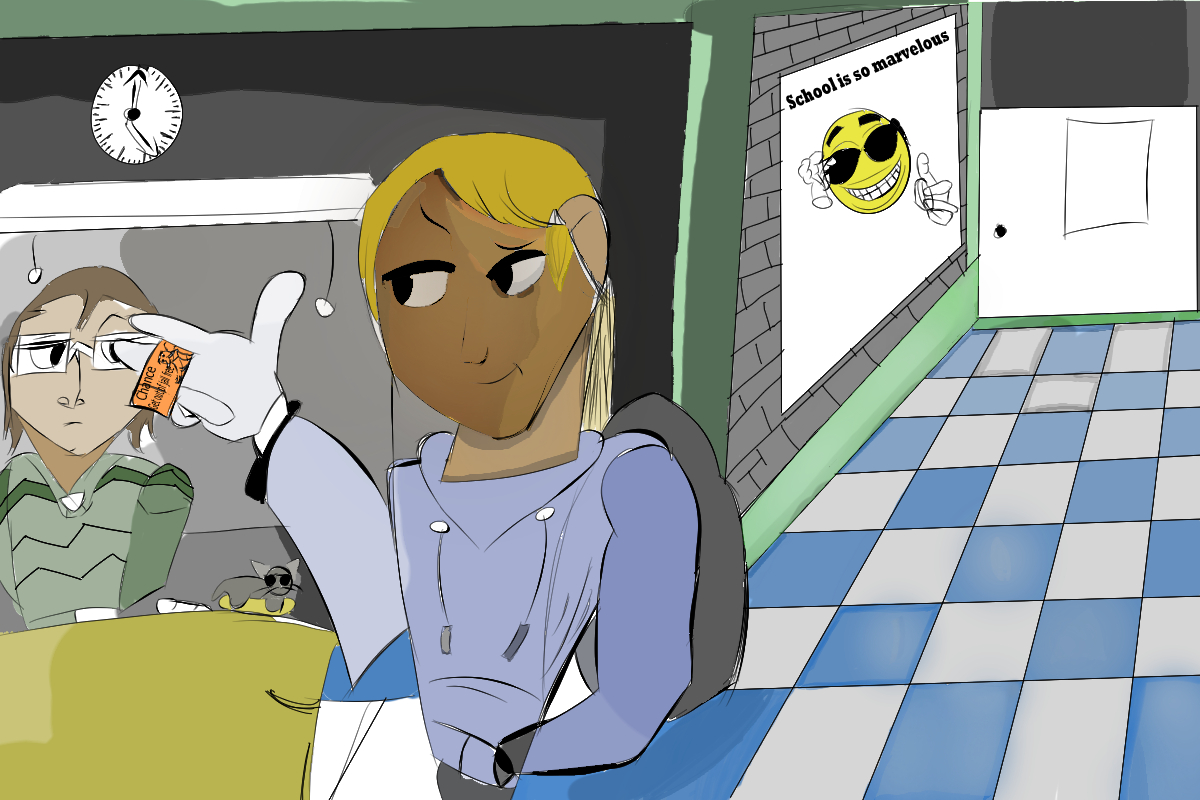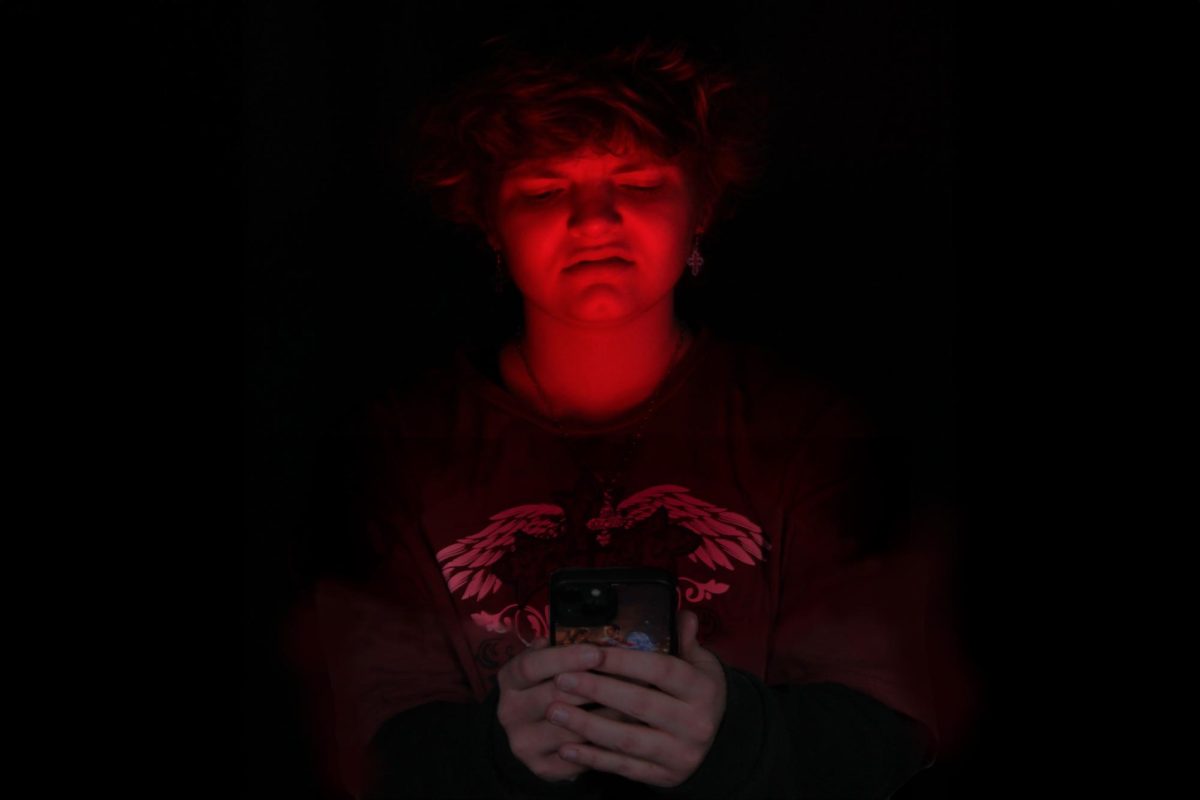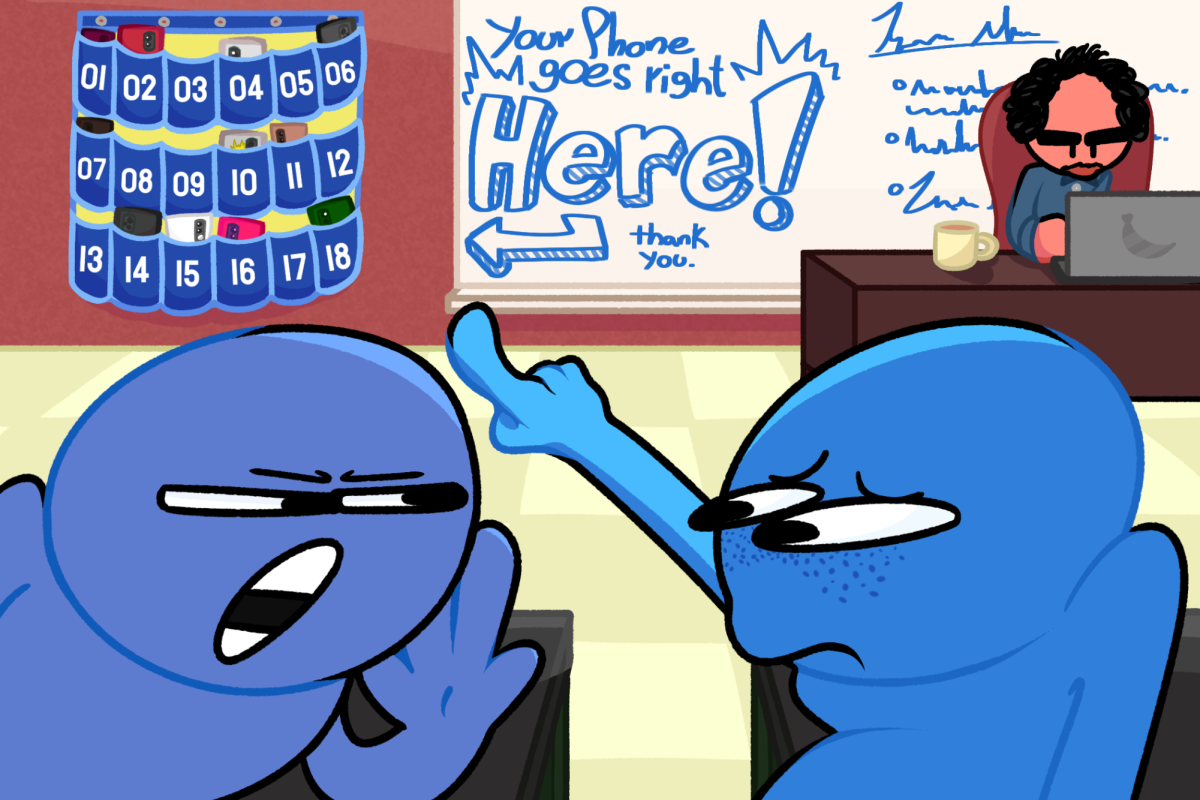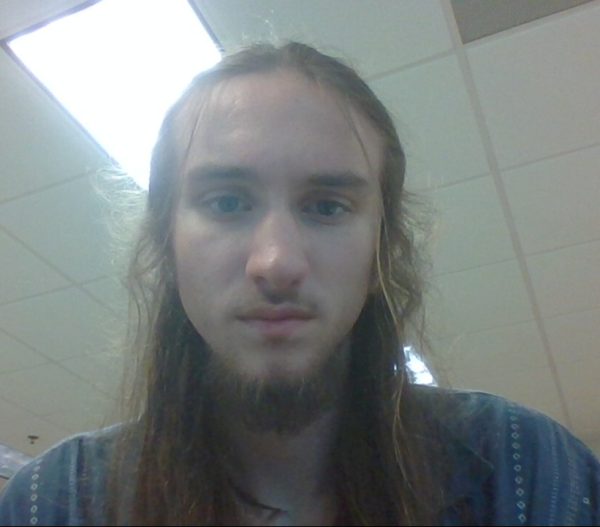The 2024-2025 school year at the Regional has been a hotbed of opinions when it comes to the 2024 U.S Presidential Election, the tail-end of which ran hand-in-hand with the first semester.
Republican candidate Donald J. Trump came out victorious, and on top of that the House of Representatives and the Senate have both fallen into Republican hands. Furthermore, the Supreme Court is still packed with the same people who overturned Roe v. Wade.
Some students are content and rather excited by this fact.
Others have shown discomfort and anger, alluding to certain rhetoric pushed by the President leading up to and after his victory on Election Day.
A similar spectrum exists among the faculty at the regional, with one teacher being somewhat bothered by some calls to action from the President, and less frightened by others.
“A lot of people think we teach critical race theory,” said Krista Yeaton.
She’s referring to Trump’s 16th promise under Agenda 47, found at https://www.donaldjtrump.com/platform/, where he promises to “Cut federal funding for any school pushing critical race theory, radical gender ideology, and other inappropriate racial, sexual, or political content on our children,” which could effectively cut federal funding for schools like Wachusett.
“Here, we teach culturally responsive and responsible literature, a lot of people get it mixed up and slap a label on high schools discussing race. I wouldn’t be concerned about this school losing funding for that reason. You can discuss and learn about race without teaching critical race theory,” said Yeaton.
Yeaton’s attention is elsewhere.
“I would be much more concerned about the special education department,” said Yeaton. “If the DOE (Department of Education) is gone they could lose federal funding regardless of politics.”
Another major aspect of President Trump’s campaign trail was the promise to eliminate the department of education entirely, as Trump believes, the federal government has taken too much of a stance in our schools and, again, as Trump believes, they are using that stance to push “anti-patriotic ideals” and “radical gender ideology.”
One faculty member in particular expresses frustration with this possibility.
“I have a fair amount of concern about the funding being cut off on the federal level, especially with the DOE potentially being removed,” said Shanna Hauver, the head of the special education department at the regional.
Hauver also shared a positive side.
“But, we also have teacher unions on the federal level protecting aspects that would impact us. Right now, I’d say we’re all waiting and seeing. I don’t let fear rule how I go forward,” said Hauver, considering the impact on special education funding the removal could have.
Another teacher seemed less concerned.
“Constitutionally, education is not on the federal level, it’s up to the states,” said Elizabeth Cahill.
Cahill is more or less on board with certain proposed reforms.
“As the constitution says, it should be up to the states as they know student’s needs best,” said Cahill “In a state system, we also have the freedom of movement.”
Cahill referred to the upfront fact that it is possible to leave a state you disagree with fundamentally.
“When everything is enforced at the national level, you lose some of the diversity and choice. There are different needs, different people, and different populations,” said Cahill.
In schools like Wachusett, where signs exclaiming “Protect Trans Kids,” and “Hate Has No Home Here” line the hallways, one could expect major changes in order to fit into the new rhetoric pushed by those in control.
Changes that are, without question, unfriendly to transgender teenagers and the LGBTQ+ youth population, and changes that, ultimately, hurt the general diversity, the very diversity that allows us to call ourselves the United States.
Regardless, the new administration is, without question, one that has played around with the idea of seriously impacting how education works in the United States. It’s hard to make determinations, but what does it mean for our nation when we willingly choose the potential suffering of our youth across the country?



